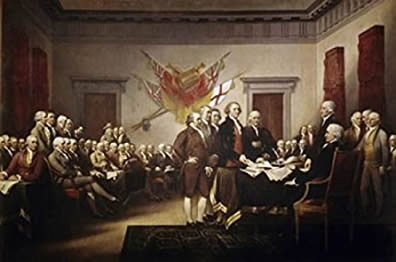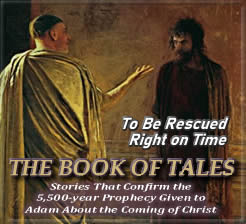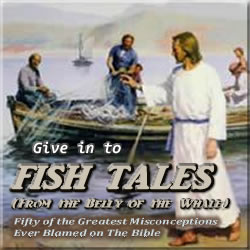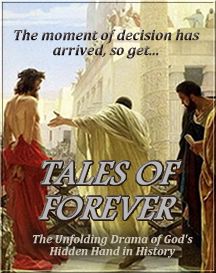Unique Among Nations (Cont’d)
Conceived in Self-Determination
Truth is, the United States of America is unique among nations because no other nation in history has come into being in the same way and under the same circumstances as it did. No other nation can point to a self-conscious moment in its history where it can say: See, this is when we as a people chose a new way of life, a new form of government, conceived in self-determination, and aspiring to liberty and justice for all.
Yet ironically, it’s this very aspect of America’s origins that exposes it to intense criticism concerning its self-avowed aspirations, to morality, equality, and liberty. Because we aspire to worship, to speak, to live as we choose, any failure to live up to such high ideals plays directly into the hands of those who seek to undermine those aspirations. In other words, we’re damned if we do, and damned if we don’t.
What’s more, although America is exposed to such criticism because of its commitment to these values, it’s only vulnerable to such attacks as long as it remains ignorant of its true origins.
This brings us, then, to the third myth about America, which is that as much as we know about America’s history in regard to Columbus, the Pilgrims, and the Founding Fathers, there’s another aspect to its history that’s generally unknown, if not downright suppressed. More ironic still, none of those who helped to establish America were even aware of this unknown aspect at the time, even as they faithfully performed their various roles on the stage of world history.
Story Continues Below
Says Richard Price—the founder and CEO of Academia.edu—on his podcast In Depth With Academia:
On Earth as It is On Heaven: The Promise of America, Technology, and the New Earth is:
To hear Price’s book review of On Earth as It is On Heaven, CLICK HERE.
To watch author and historian W. Kent Smith discuss the contents of his book On Earth as It is On Heaven, at the Sacred Word Revealed Conference ‘23, hosted by Zen Garcia, CLICK BELOW.
Story Continues From Above
In short, while Columbus, the Pilgrims, and the Founding Fathers clearly identified with the plight of the heroes of their favorite book—The Bible—they weren’t the only ones involved in establishing what we now know as America. That’s because the creation of the United States of America didn’t really begin in 1492, or 1620, or 1776, although one may rightly point to all of those dates as marking pivotal years in its creation.
Yes, it is true: When Scripture spoke of the wandering Israelites searching for a new homeland, Columbus wandered with them, searched with them, in his heart and mind. When Scripture spoke of God urging His chosen of Israel to repent of their wicked ways and reach out to Him in faith, the Pilgrims urged their countrymen to do for the Lord what those Israelites had failed to do. And when Scripture spoke of that band of Hebrew wanderers and outcasts who fell short of God’s call, the Founding Fathers, too, hoped they’d one day comprise a band of wanderers and outcasts who did rise to the occasion.
However, while all these people may have identified with the Children of Israel, none of them for a moment would’ve dared believe there was any other connection between them and those with whom they identified. In other words, while those brave adventurers who forged a New World could identify with the Children of Israel, they knew they were as far removed from them as those who worship the stars of the silver screen are from the stars themselves. In the end, then, no amount of yearning to be a true son or daughter of Israel could ever make it so, no matter how hard one imagined oneself to be so.
Be that as it may, however, although this worldview pretty much represents the status quo as it’s taught by way of mainstream historical analysis, there is actually another worldview concerning the origins of America that completely rewrites the notion that its origins can be traced to 1492, 1620, or 1776.
It is to just such a new worldview that I’d like to speak to you now, a worldview that isn’t really so new after all, historically speaking. Actually, much of the evidence, which connects the creation of America beyond its assumed origins, is something that began to come to light in the mid-1800s, with the birth of the marvelous science of archeology. And then only after much analysis of the archeological evidence, in concert with a new approach to the historical, scientific, and philological evidence, did the truth finally come to light.
It is to this very evidence, then, that this work will turn to, again and again, in an earnest attempt to tell the real story of the promise of America, technology, and the New Earth.







